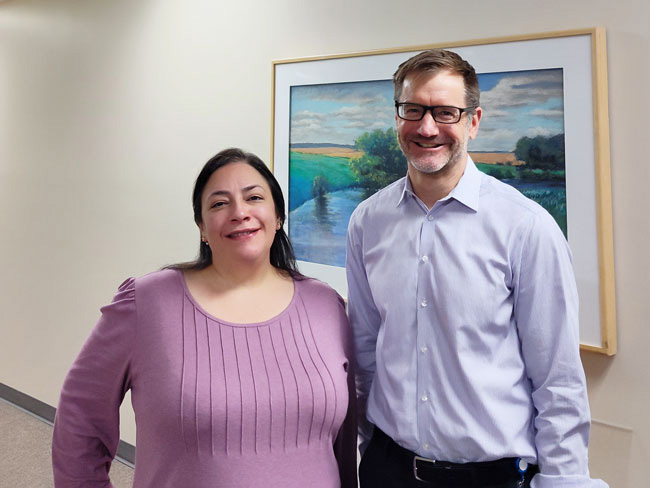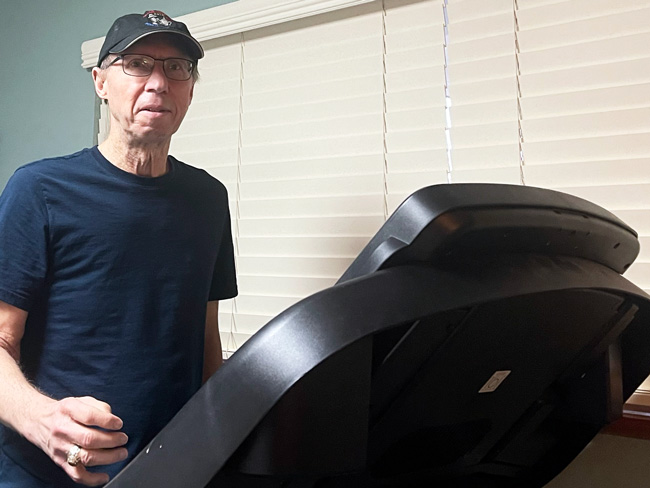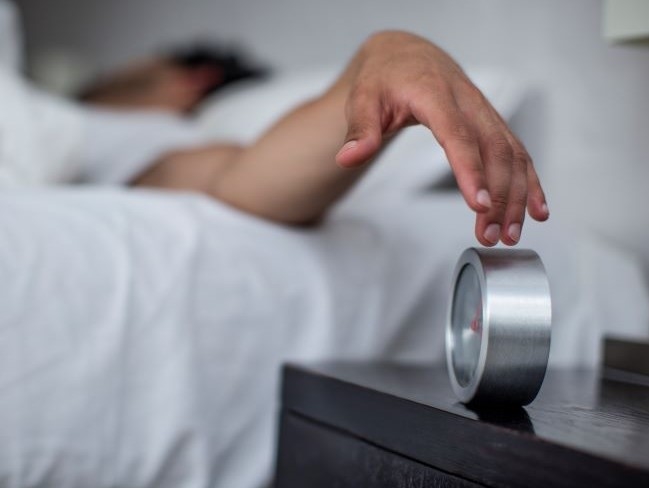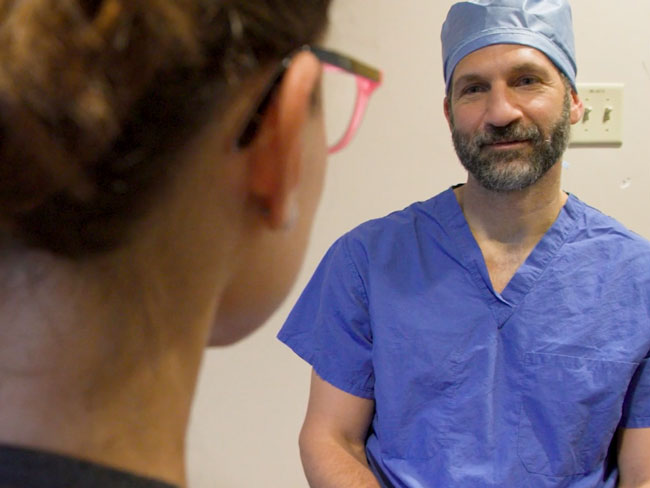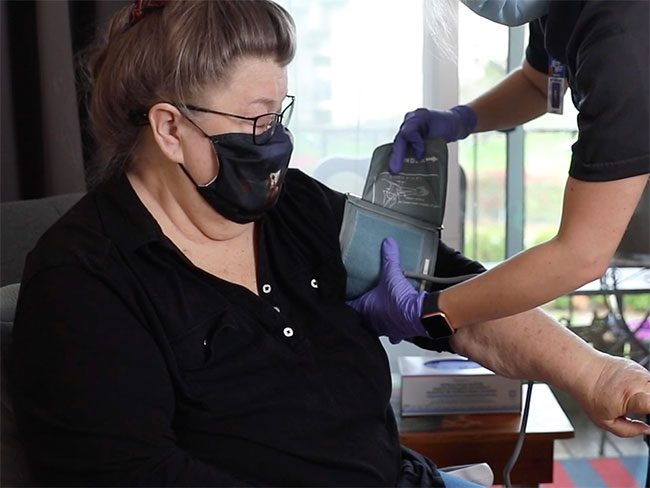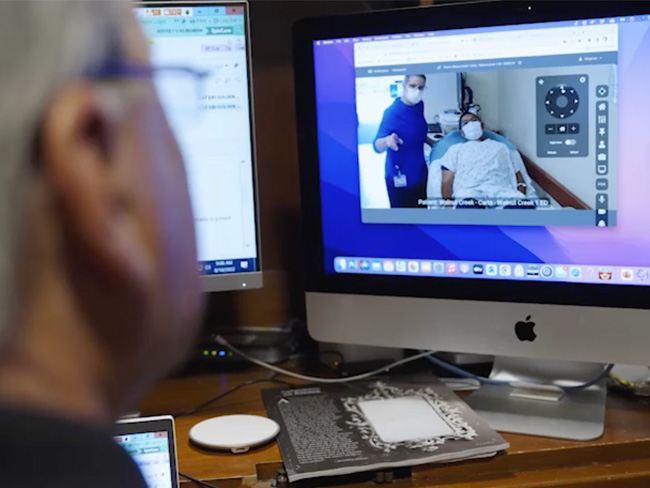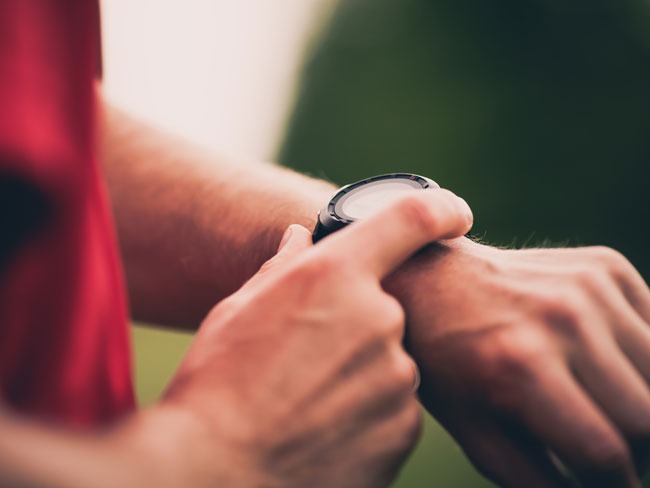How poor sleep can hurt your heart
An interview with Kaiser Permanente sleep expert Clarisse Glen, MD, sheds light on the importance of good sleep habits.
Making simple changes to your environment and bedtime routine can help improve sleep.
You don’t need a doctor to tell you that a good night’s sleep just makes you feel good. And not sleeping well — even for one night — can darken your mood and cause poor focus and drowsiness.
But did you know that poor sleep also affects your cardiovascular health?
Consistently poor sleep can increase your risk for obesity, high blood pressure, diabetes, and arterial plaque buildup, all of which are bad for the heart.
One in 3 adults don’t get enough sleep, according to the American Heart Association. Most adults need 7 to 9 hours of sleep, while teens and younger kids need even more.
Clarisse Glen, MD, a sleep specialist at Kaiser Permanente in Sacramento, California, describes how long-lasting lack of sleep can hurt the heart. She also provides tips on getting better sleep.
How does poor sleep or lack of sleep affect the heart?
People who don’t get enough sleep or who wake up often can have a spike in their heart rates and blood pressure. In the long run this can lead to a heart attack or other cardiac event.
We see this especially with patients who have sleep apnea. Those patients have pauses in breathing during sleep, which cause oxygen levels to drop. The oxygen dip causes inflammation that can result in plaque buildup in your arteries. If you regularly sleep less than 6 hours a night, you have a significant risk of heart attack.
Sleep is a time when the body slows down and relaxes. During sleep, your blood pressure falls, and your heart is not working as hard as when you’re awake. This helps restore your mind and body.
When you don’t sleep well, a fight-or-flight response kicks in, releasing the hormone cortisol, which also can increase your risk for heart disease. Additionally, a lack of sleep can activate hormones that trigger overeating and a desire for higher-calorie foods. That can result in weight gain and may eventually lead to obesity.
How can you get a better night’s sleep?
Good sleep starts with good behavior, or what we call sleep hygiene. Lifestyle changes improve sleep the most.
Quality and quantity of sleep have decreased significantly with the advancement of smartphones, laptops, and tablets. People scroll social media in bed, and then wonder why they don’t get good sleep.
Follow these tips for better sleep:
- Limit electronics use, including no screens one hour before bedtime.
- Create a consistent sleep and wake-up time. Get into bed at the same time every night. Get out of bed at the same time in the morning.
- Keep your bedroom cool, dark, and quiet.
- Don’t take stimulating substances, such as caffeine, at night. Your last cup of coffee should be at least 6 hours before bedtime.
- Avoid alcohol before going to sleep. Although it can make you sleepy, once it metabolizes, it will wake you up. Then it’s difficult to get back to sleep.
- Abstain from drinking liquids 2 hours before bedtime to reduce the need to use the bathroom during the night.
Can sleep aids, such as melatonin or prescription sleeping pills, help with sleep?
We don’t recommend sleep aids as a long-term solution for improving sleep. Our bodies develop a tolerance to them, and then they don’t work.
Plus, most sleep issues are caused by your behavior before bedtime, or by depression or anxiety.
When should you contact your doctor about sleep issues?
For people who have difficulty sleeping due to anxiety or depression, we recommend connecting with a mental health professional for cognitive behavioral therapy.
We also recommend contacting your doctor if:
- You’re experiencing excessive daytime sleepiness
- You have sleep apnea symptoms such as snoring, choking, or gasping for air during sleep
- Your insomnia (having trouble falling or staying asleep) lasts more than 8 weeks

